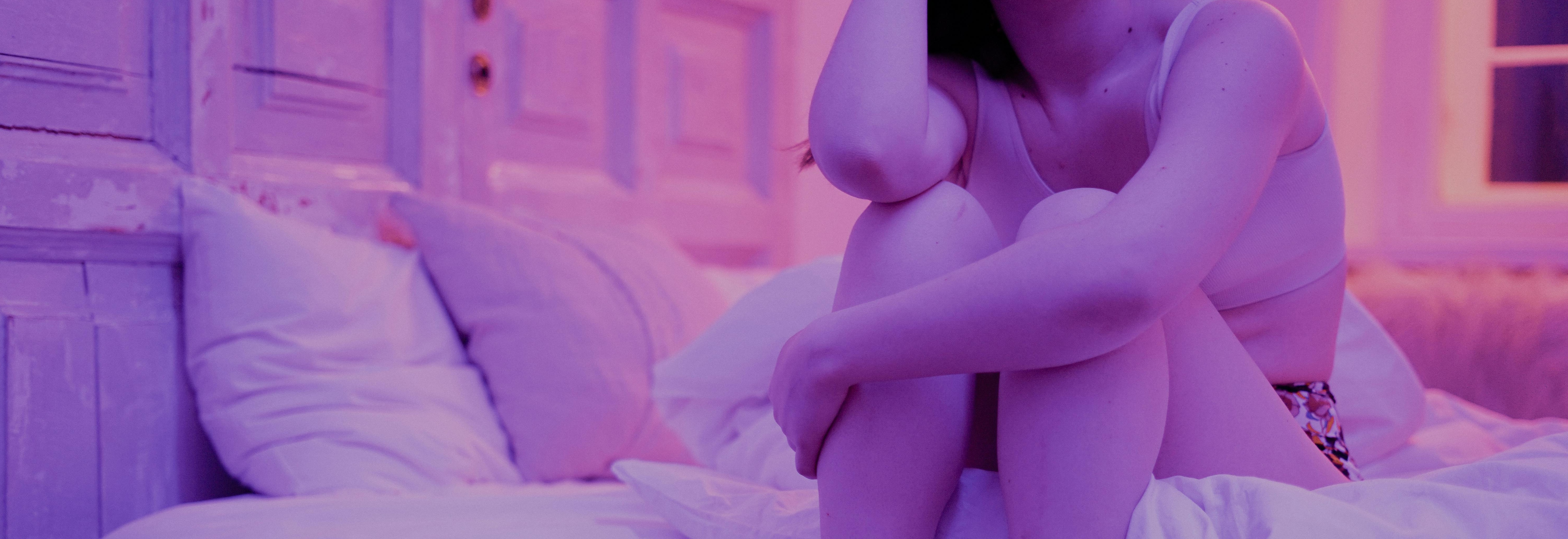
Americans are spending more money on melatonin than they ever have, while at the same time, a growing percentage of adults, 37%, complain that they’re getting worse sleep.
Experts have a simple explanation for the mismatch, and it’s bad news for the 67 million Americans, or about 27% of adults, who use the supplement: While taking it can be timed to help overcome jet lag, melatonin is no good for chronic sleeplessness.
“There’s not enough strong evidence on the effectiveness or safety of melatonin supplementation for chronic insomnia to recommend its use,” according to the National Center for Complementary and Integrative Health, a division of the U.S. National Institutes of Health. In addition, neither the American Academy of Sleep Medicine nor the American College of Physicians endorses the use of melatonin to treat insomnia.
 “Melatonin is almost never an appropriate supplement to treat insomnia,” said Michael Grandner, director of the Sleep and Health Research Program at the University of Arizona. “In clinical studies, it’s generally not better than a placebo.”
“Melatonin is almost never an appropriate supplement to treat insomnia,” said Michael Grandner, director of the Sleep and Health Research Program at the University of Arizona. “In clinical studies, it’s generally not better than a placebo.”
With 84 million Americans saying they don’t get the recommended seven to nine hours of solid sleep a night, and with 50 to 70 million of them suffering from a sleep disorder, there’s a big market to tap. Melatonin, which is cheap and easy to make, is everywhere on drugstore and supermarket shelves — in pill form, as gummies, and as part of a mix of ingredients that advertising and packaging claim will gently deliver the pill popper to La-La Land. Testing, however, reveals that when it comes to acting as a straight-up sleep aid, melatonin is most effective at separating the sleepless from their money. Merchants collected $2.2 billion in melatonin salesfrom bleary-eyed Americans in 2022, a number expected to rise to $8.6 billion by 2032.

